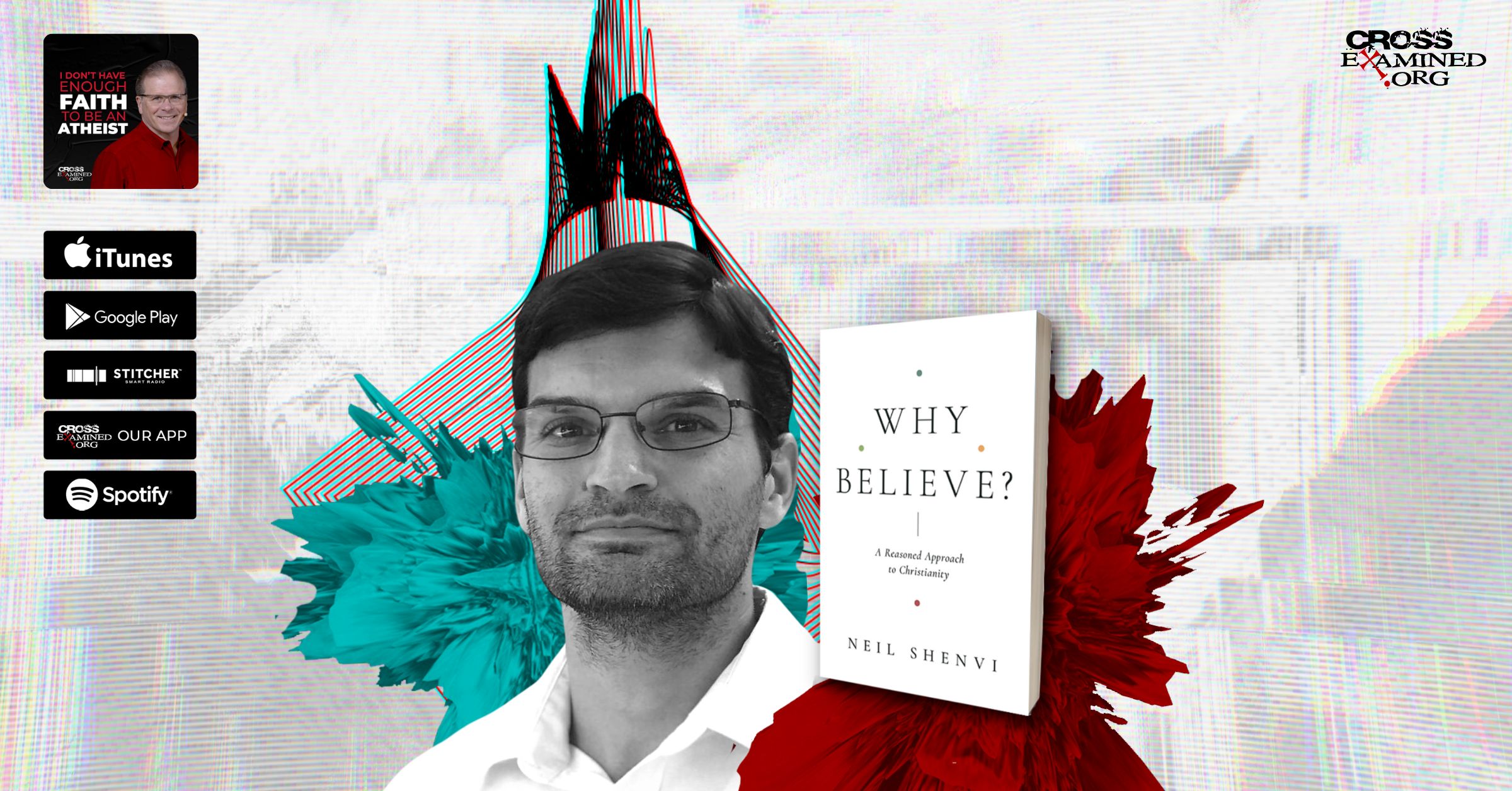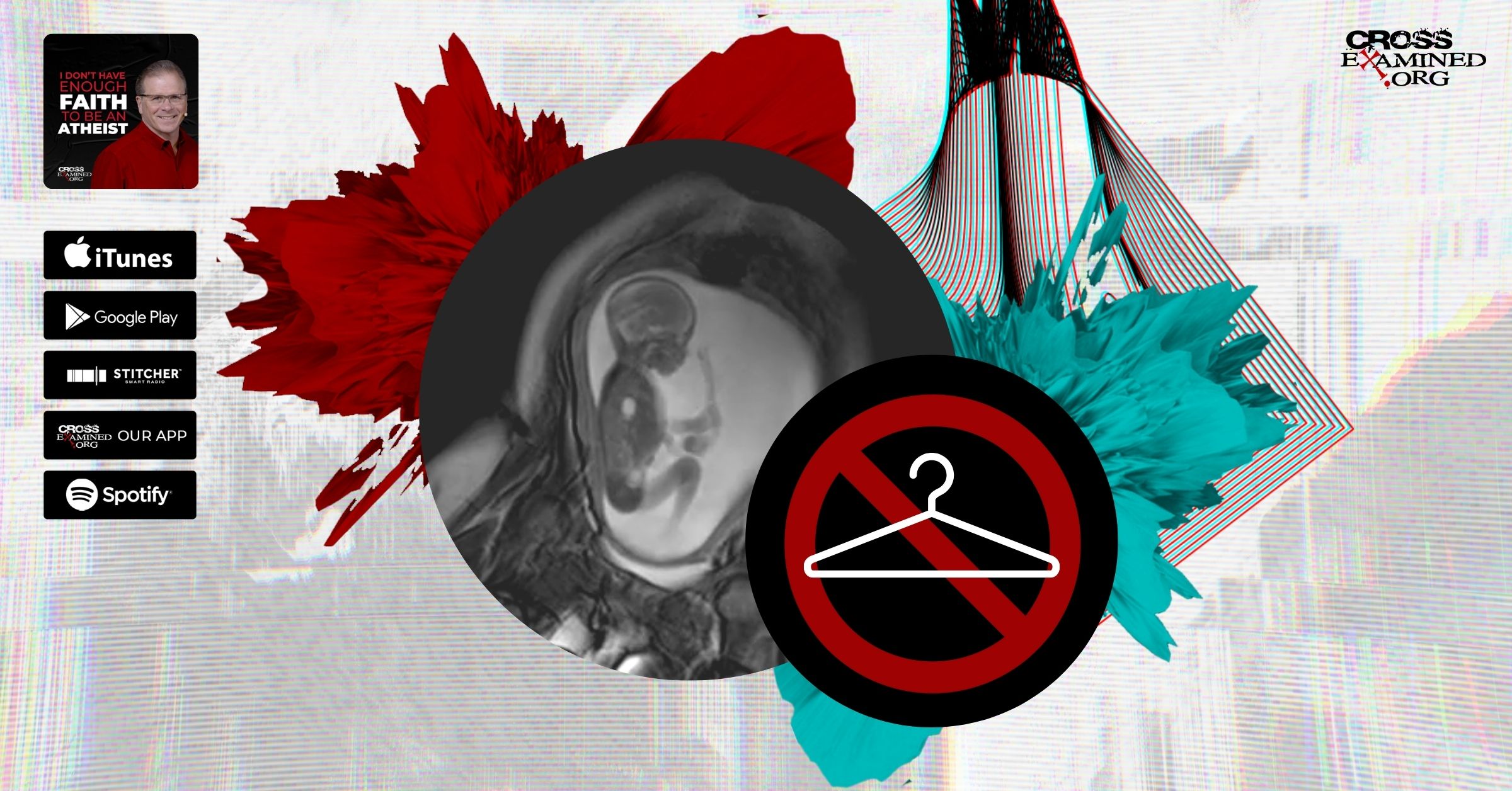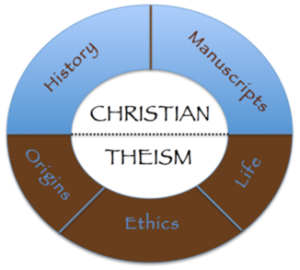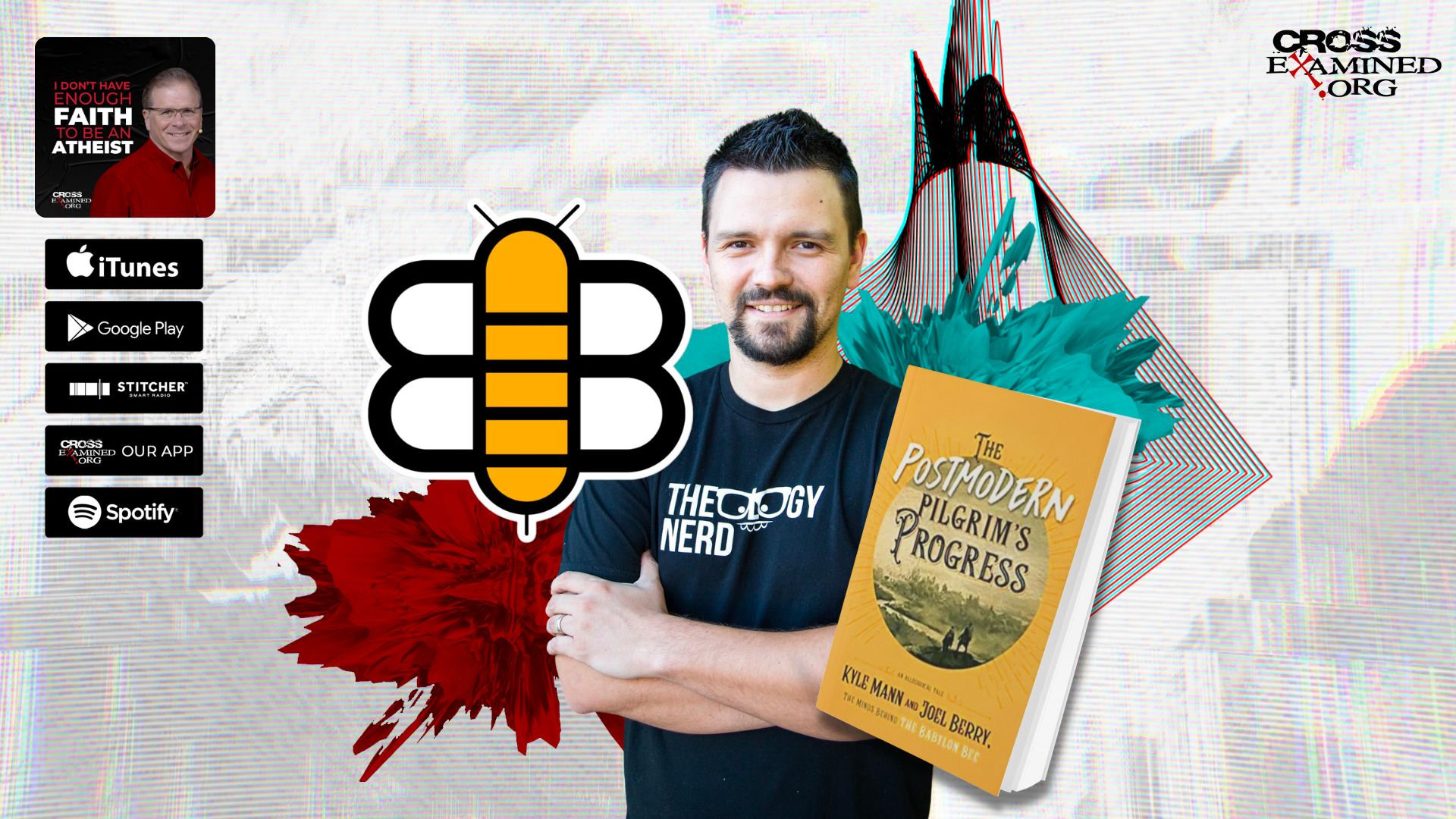By Adam Tucker
As I sit at my computer thinking about the incomprehensible evil of yet another mass shooting, this time in Uvalde, Texas, the floods of outrage, sadness, fear, and uncertainty grip me as I’m sure they do many of you. Ironically, news of the tragedy broke just minutes before attending the end-of-year ceremonies at my kids’ school. Tears filled my eyes as I watched the boys and girls sing and receive their awards knowing that so many parents will not get to experience such joys after this latest tragedy. I truly cannot imagine.
Yet, while the news coming out of Texas is very disturbing, there is something else I can’t get out of my mind. Just over a week ago, my family and I had the opportunity to take in some of the landmarks in our nation’s capital. As we navigated busy crosswalks and a drizzly day around the National Mall, we began hearing loud music and very angry people shouting over a PA system. Once we reached the front of the White House (the obligatory photo op), we could see the area just below the Washington Monument covered with thousands of people pouring into the streets holding signs and banging drums. Little did we know, this was one of nearly 400 “Bans Off Our Bodies” rallies organized across the country to protest the recently leaked documents from the Supreme Court that point to a possible overturn of Roe v. Wade.
The sadness I feel about the Uvalde school-shooting was equaled by the anger and heartbreak I felt seeing the narcissism, hedonism, and utter foolhardy reasoning occurring at that pro-choice rally.
What is wrong with this scenario? How can we (rightly) mourn the loss of “our most vulnerable” one day and cheer for the death of the unborn (those who are truly our most vulnerable) the next? More to the point, how can we pretend that these utterly contradictory attitudes are sane?
To be frank, we can’t, and we shouldn’t, because such attitudes demonstrate the literal insanity that has taken over modern moral sensibilities and outrage. We can demonstrate this insanity by asking three important questions.
What is a ‘Right’?
No doubt, in the days to come there will be vicious calls for more gun laws, and more debates will occur over the right to bear arms. Likewise, those from the “Bans Off Our Bodies” rally will continue to argue that they have a right to an abortion, and those opposing them will argue the unborn have their own right to life. We constantly hear about gay rights, trans rights, equal rights, etc. This language of “rights” gets thrown around all the time, but what exactly is a right? It will be most helpful to first determine what a right is not.
Rights can’t be merely subjective preferences. If that were the case, then no mass shooter, abortionist, protester, Supreme Court Justice, etc. could, in principle, do anything objectively wrong. At most, we could say their behavior is not our preferred behavior, but why should anyone care about your preferred behavior? In this case, we could not say that anything is actually wrong (or right for that matter). That certainly doesn’t seem correct.
Nor can we conclude that rights are the types of things that apply universally to everything. After all, we don’t put lions on trial for killing a gazelle or even another lion. Hence, there seems to be something specific to human beings regarding rights.
Similarly, rights can’t just be a matter of legislation from some government body. Things like slavery used to be perfectly legal, but we rightly concluded that such behavior is objectively wrong regardless of its legality. Governments are tasked with protecting rights, not granting them. This understanding was foundational to the formulation of America’s founding documents (even if it was inconsistently lived out). It was also understood when even governments themselves, like Nazi Germany for example, were charged with crimes against “humanity” despite the legal grounds in Nazi Germany for killing Jews.
So rights are the kinds of things that aren’t merely opinions. They are not simply based on what is legal, and they seem to apply specifically to human beings. We’re getting closer to understanding what a right is, but what exactly does it mean to be human, and why do humans have these things we call rights?
Why Do Humans Have Rights?
Classically understood, a thing is what it is according to its nature. In other words, all humans are humans because we instantiate a common human nature (in a moderate-realist sense) that makes us a human rather than, say, a dog or a cat. This seems rather obvious, but it is in fact something that has been abandoned in our modern rationale where anyone can “be” anything they want to “be.” In reality, however, we all know this simple fact about natures. No one intentionally goes to the veterinarian rather than a medical doctor when he’s sick. Why? Because he knows the difference between humans and dogs!
Because we can know the natures of things, we can know what constitutes a thing’s good. Correctly understood, “good” is that which fulfills the end or purpose of some thing according to that thing’s nature. To quote Thomas Aquinas, “Good has the nature of an end, and evil, the nature of a contrary.” For example, an eye that doesn’t hear well provides no useful information regarding whether the eye is good or not. An eye that doesn’t see well, however, is an objectively bad eye because it does not fulfill its purpose according to its nature as an eye. Such an understanding turns to moral goodness because humans have a rational nature. We are able both to know what is good for us and choose whether to pursue that good or not. Because the good of our intellects is knowing truth, and the good of our wills is pursuing what the intellect perceives as good, acting contrary to reason just is to act immorally. What does this have to do with rights? We’re getting there.
Notice that this is a completely objective standard of goodness. For example, no matter how much someone wants his eyes to hear, they are simply not the kinds of things meant for hearing. We discover such truths about reality because of our ability to know the natures of things. We do not invent these truths. This understanding of morality is called natural law (based on the good according to our nature as human beings), and it is broadly the basis for our Declaration of Independence and the civil rights movement. As Rev. Dr. Martin Luther King, Jr. famously wrote in his Letter from Birmingham Jail, “I would agree with St. Augustine that ‘an unjust law is no law at all.’ … To put it in the terms of St. Thomas Aquinas, an unjust law is a human law that is not rooted in eternal and natural law.”
This knowledge of natural law gives us the foundation to discover the objective and unchanging human rights to which we’re all entitled based on our shared objective and unchanging human nature. To see why, consider this. Because we are by nature social creatures, we rely on each other for our well-being in various ways (both positively and negatively). As Christian philosopher Dr. Edward Feser observes,
“… we are all obliged to refrain from interfering with others’ attempts to fulfill the various moral obligations placed on them by the natural law; the most basic natural right is the right to do what is good and not to be coerced into doing evil.”
From this understanding we can extrapolate, among other things, the basic rights to “life, liberty, and the pursuit of happiness.”
Of course, this does not mean that we are free to pursue our personal idea of “happiness” without limits. Quite the opposite. We are, after all, naturally directed to pursuing what is actually true and what is actually good. Much like my children having fun on the playground, they are free to play anywhere within the bounds of the playground (their “good” if you will), but they are not free to play in the street. As Feser goes on to say,
“While the very concept of a right entails a certain measure of liberty, that liberty cannot be absolute; for since the point of natural rights is to enable us to realize the ends set for us by nature [our actual good], there cannot, even in principle, be a natural right to do what is contrary to the realization of those ends. In short, there cannot be a natural right to do wrong.”
What are the Implications for Modern Moral Outrage?
Given the knowledge that human rights are based on the natural law thinking outlined above, we can ask our final question: what are the implications of this understanding for the modern moral outrage we see all around us?
While not all of our social ills can be blamed on any one thing, there is one issue that has contributed to societal downfall more than perhaps any other. That issue is sex. Let’s briefly examine this issue in light of our natural law reasoning. We can see that human sexual faculties are directed towards the dual purposes of procreation and emotional bonding with the opposite sex. Intercourse naturally results in children who require the long-term care of a mother and father. Adultery, pornography, promiscuity, homosexual behavior, and many other misdirected sexual behaviors are directly contrary to the good of our sexual faculties. Therefore, such behaviors are necessarily bad for us regardless of someone’s particular feelings or desires (after all, we all have desires on which we ought not act).
Recall the Aquinas quote above, “Good has the nature of an end, and evil, the nature of a contrary.” Since human rights are based in natural law, and natural law shows the necessarily evil nature of the modern sexual revolution, we can see that someone cannot rationally argue for sexual vice by claiming her “rights” are being violated. Why? Because no such rights exist (that is not to say that there needs to be government-enforced laws against every vice). Moreover, if someone wants to simply jettison this natural law reasoning all together, then she is also eliminating the very possibility of objective human rights, in which case, there is no rational argument to be made for keeping “bans off [your] bodies.” You can’t have it both ways.
Feser summarizes the situation well,
“Similarly, in a person or society dominated by sexual vice, it isn’t just moral understanding in matters of sex that would be undermined, but moral understanding in general. For the general idea of human faculties having natural purposes is unlikely to survive when the natural purposes of our sexual faculties, specifically (which are about as obvious as natural purposes can be), are obscured. … The infection is bound to leap from the individual, to the culture at large, to the political sphere. In the Republic, Plato suggests that egalitarian societies tend to become dominated by lust, and have a tendency to degenerate into tyrannies. For souls dominated by lust are least able to restrain their appetites or to tolerate disapproval of them, which leads to general moral breakdown and an increase in the number of individuals with especially disordered and ruthless temperaments.”
We are left with a culture whose moral reasoning is truly insane, having largely been blinded by decades of sexual vice masquerading as sexual freedom. This is how such a culture can in one breath rightly mourn the tragic loss of young lives, and use the next breath to hysterically shout about a “woman’s right to choose” to murder her unborn baby. It truly is a psychosis that must be countered with a generation of well-trained and sober-minded individuals who are prepared to tackle the insanity head-on.
In short, there can be no legitimate moral outrage apart from human rights. And there can be no actual human rights apart from natural law. But natural law shows that things like abortion, homosexual behavior, adultery, pornography, etc. are necessarily bad for us (i.e., evil). Thus, we have no “rights” to such things. These ideas stand or fall together.
The simple fact is, without moral sanity there can be no real social justice. To once more quote Feser’s summation of the issue,
“In reality, there cannot possibly be true social justice without sound sexual morals, because the family is the foundation of social order and the family cannot be healthy without sound sexual morals. The sexual revolution is the cause of millions of children being left fatherless, with the intergenerational poverty and social disorder that that entails. Nor is there any greater manifestation of the deep selfishness that makes social justice impossible than the callous willingness of millions to murder their own children in the womb. Talk about social injustice that ignores the fundamental role of the sexual revolution in fostering such injustice is mere chatter – unserious, sentimental, and prone to make modern people comfortable in their sins rather than telling them what they really need to hear.”
One Last Thought
The astute reader may notice that no Bible verses have been quoted thus far. That may seem like a slap in the face to some, but it is indicative of the common grace and general revelation God has given all of us. A strong case can be made for objective morality apart from any appeal to God or the Bible. On the flip side, the reality of objective morality, based on natural law, can serve as the basis for a strong argument for the existence of God. In turn, such an argument can then lead to a demonstration of the truthfulness of Christianity as a whole.
May wise Christ-followers use the reality of modern moral outrage as a springboard for pointing others to the truth of the Gospel. Ultimate healing of broken homes, broken lives, and evil hearts can only come through the hope and salvation found in the death and resurrection of Jesus Christ. As we live out the Christian life amidst the insanity around us, let us do so with 2 Tim. 2:24-26 in our minds,
“The Lord’s servant must not quarrel, but must be gentle to everyone, able to teach, and patient, instructing his opponents with gentleness. Perhaps God will grant them repentance leading them to the knowledge of the truth. Then they may come to their senses and escape the trap of the devil, who has taken them captive to do his will.”
Recommended resources related to the topic:
You Can’t NOT Legislate Morality mp3 by Frank Turek
Legislating Morality (DVD Set), (PowerPoint download), (PowerPoint CD), (MP3 Set) and (DVD mp4 Download Set)
Correct, NOT Politically Correct: How Same-Sex Marriage Hurts Everyone (Updated/Expanded) downloadable pdf, Book, DVD Set, Mp4 Download by Frank Turek
_____________________________________________________________________________________________________________________________________________________
Adam Tucker is the Director of Recruiting & Admissions at Southern Evangelical Seminary. Ranked one of the Best Apologetics Graduate Programs by TheBestSchools.org, since 1992 Southern Evangelical Seminary has provided an integrated approach to theology, philosophy, and apologetics in order to equip Christians to persuasively proclaim the Gospel, engage the culture, and defend the Faith in a secular world.
Original Blog Source: https://bit.ly/3OxIJe9












